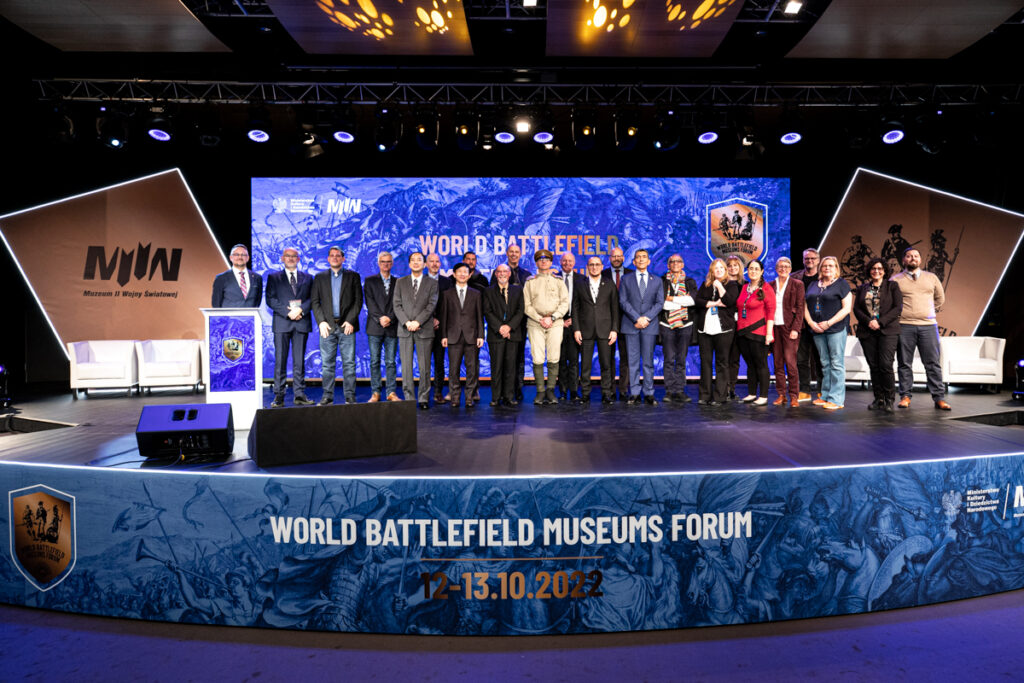On 12-13 October 2022, Museum of the Second World War in Gdańsk hosted the second edition of World Battlefield Museums Forum 2022.
The host of the venue – Dr Hab. Grzegorz Berendt, Director of Museum of the Second World War in Gdańsk welcomed those gathered in the Jan Olszewski Conference Room. While opening the ceremony he said: “World War II resulted in the deaths of 6 million Polish citizens, the dominant part of whom were murdered because of racial and national prejudice [translator’s note: from two aggressors – the Nazis and the Soviets]. (…) The tragedy of World War II had a crashing impact on the entire Polish society. This makes it impossible, on the one hand, to forget the war, while on the other hand, it is our responsibility to remember the victims. (…) We have met here to learn from each other and to carry out our social mission even better.”
In the first panel on ‘Battlefields: archaeology, research and preservation of the material remains of military conflicts’, the following speakers gave their presentations: Adam Dziewanowski from the Museum of the Second World War in Gdańsk, Minna Torkkola from Raatteen Portti Winter War Museum in Finland, Dr Norman Cramp from Darwin Military Museum (Australia), Dr Balázs Polgár from Institute and Museum of Military History in Budapest and Uğur Cenk Deniz İmamoğlu from Turkish Historical Association.
The second panel, titled ‘Sustainable museums: accessibility, environmental, social and economic responsibility’, began with a presentation by Ewelina Latoszewska from Museum of the Second World War in Gdańsk. She spoke about the activities carried out at both Westerplatte and Museum of the Second World War in Gdańsk. With regard to the former, she mentioned activities and education aimed at environmental protection and social responsibility. She also referred to the new Museum of Westerplatte and the War of 1939 under-construction: “The natural qualities of Westerplatte significantly contribute to the character and uniqueness of this place. They not only encourage patriotic attitudes, but also provide an opportunity to reflect on the contemporary definition of patriotism while visitors are surrounded by the beauty of nature.”
The panellists, outlining the activities of the institutions represented, included: Jan Hrubecký from War Museum 1866 (Czech Republic), Glenn Ogden from Canadian War Museum, Ievheniia Shcherbyna from State Historical and Cultural Reserve ‘Poltava Battlefield’ (Ukraine), Aileen Utterdyke from Pacific Historic Parks (USA), Nicolas Barret from Verdun Memorial (France), and Dr Heidrun Derks from Varus Battle in Osnabrück: Kalkriese Museum and Park (Germany). The panel traditionally concluded with a discussion among the assembled museum professionals.
The second day of World Battlefield Museums Forum 2022 conference opened with a panel held under the title ‘Commemoration and outreach as a museum’s core mission’. Wojciech Samól from Museum of the Second World War in Gdańsk was the first one to speak. He gave a presentation on the history of #Westerplatte peninsula – the place where the most tragic conflict in human history began. He mentioned that in 1945-1946, the first cemetery of Westerplatte defenders was already established there. Activities undertaken in the following years, the collection of documenting materials and, in particular, the protection of archaeological monuments, became the foundations for the new Museum of Westerplatte and the War of 1939 that is currently under construction.
Next, historical messages with examples from their institutions were presented by: Takigawa Takuo from Hiroshima Peace Memorial Museum (Japan), Dr Juraj Lepiš from Museum of the Slovak National Uprising, Salvatore Maltese from Historical War Museum of the Landings in Sicily 1943, Roberts Līnis from Museum of the Christmas Battles, a branch of Latvian War Museum, and Capt. John Rodriguez Asti from Naval Museum of Peru.
The last panel of this two-day international event was on ‘Challenges contemporary museums face: digitalization, attracting more visitors, lockdown policies, reaching out to younger generation’. In his opening talk, Karol Szejko from Museum of the Second World War in Gdańsk drew attention to the contemporary understanding of history and the tools available to help communicate it. He mentioned that Museum of the Second World War in Gdańsk has been visited by nearly 2.3 million people since it opened in 2017. He also pointed to the COVID-19 pandemic period when the facility was closed and the historical content made available online reached more than 35 million people. This validates the assumption that digital route is the option for the future, but not the only one, since a large number of people decided to visit the museum in the real world after having been exposed to the online content.
Thoughts, ideas and conclusions based on the institutions represented were shared by: Yang Chang-Hun from War Memorial of Korea, Dr Julien Guillon from Vercors Resistance Museum in France, Ulf Eirik Torgersen from Narvik War Museum in Norway, Justin Maciejewski from National Army Museum in London and Maj. Gen. Hossameldeen Hassan Shehata from the Military Museums Department at the Ministry of Defence of Egypt.
Thank you very much for your participation and for following the online broadcast of the WBMF 2022.



